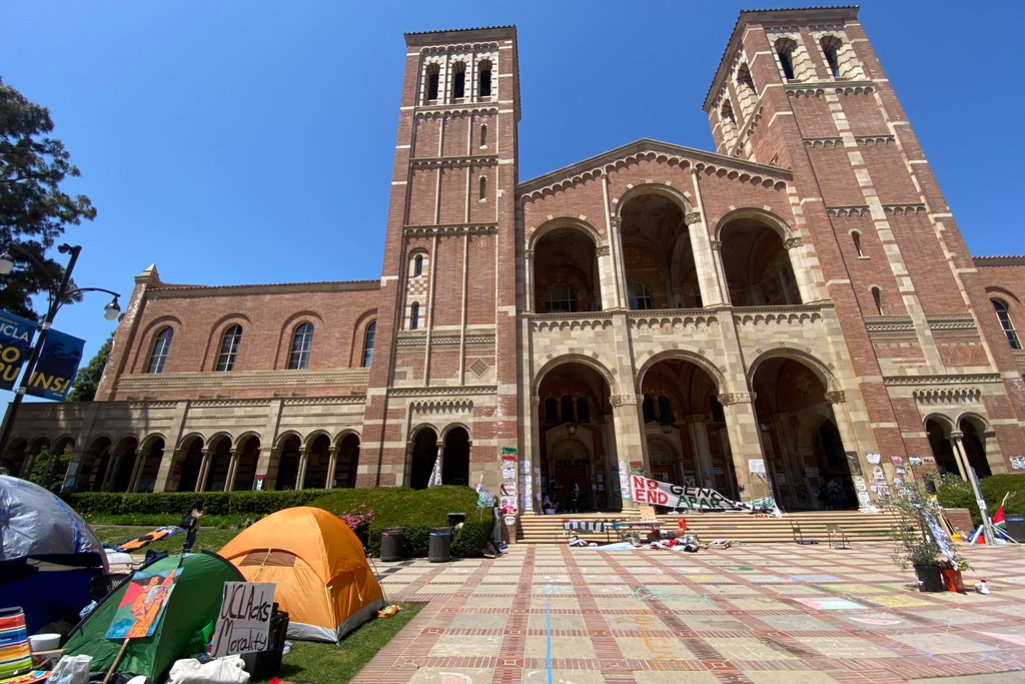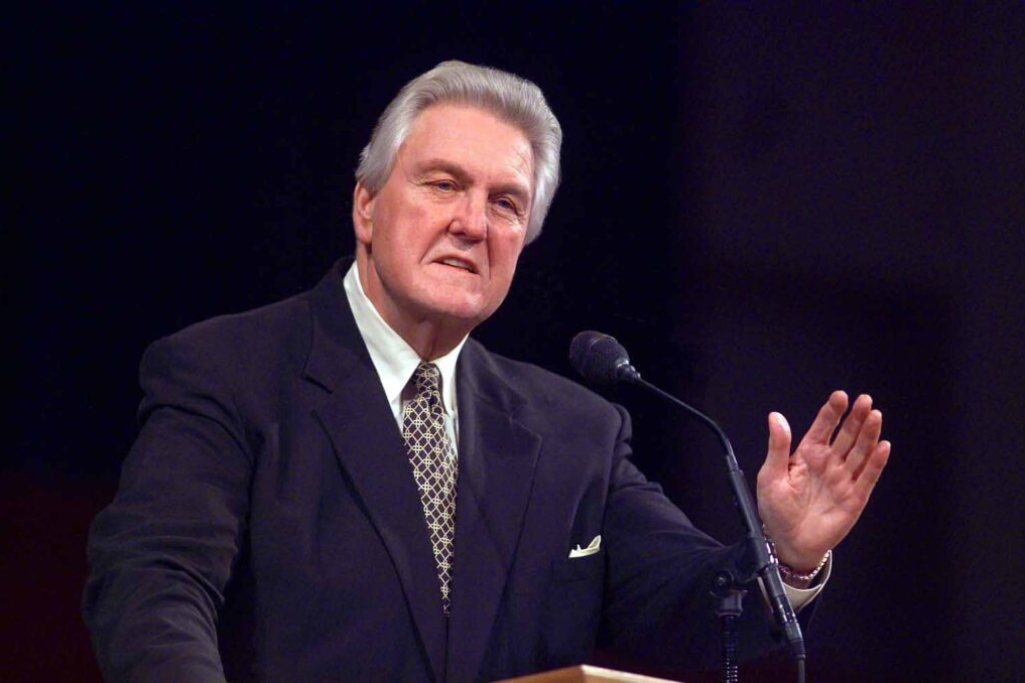
WASHINGTON D.C. (BP) — During the Reconstruction Era, Congress passed the Ku Klux Klan Act in a failed attempt to speed enforcement of 14th Amendment rights for Blacks and protect the disenfranchised population from rampant Ku Klux Klan (KKK) violence.
Today, following months of antisemitic and anti-Zionist protests and barricades on several college campuses in the U.S., religious liberty attorney Mark Rienzi cited the act in calling for Congress to ensure enforcement of federal laws protecting Jews from religious and ethnic persecution.
Rienzi is president of the Becket Fund for Religious Liberty, a lead counsel representing three Jewish students who say they were harassed, attacked and denied access to their accustomed routes at the University of California at Los Angeles (UCLA) when protestors established “Jew Exclusion Zones” following the launch of the Israel-Hamas War.
Rienzi summarized the lawsuit at the June 26 congressional hearing, “Combating Workplace Antisemitism in Postsecondary Education: Protecting Employees from Discrimination,” convened by the Subcommittee on Workforce Protections.
“There are many ways in which existing federal law can address the problem of antisemitism on college campuses. But in another sense, the law, on its own, is not fully effective in remedying these problems,” Rienzi told the subcommittee. “That’s because enforcement of federal civil rights protections can depend on the courage of individual litigants.”
Rienzi called on federal bodies to use their authority to combat antisemitism, commending the exposure of such crimes through congressional hearings, urging the U.S. Department of Education’s Office of Civil Rights to investigate Title VI violations on college campuses, and urging the Equal Employment Opportunity Commission and the U.S. Department of Justice to enforce Title VII.
“Together, we can defeat the scourge of antisemitism in our institutions of higher learning and society by ‘giv[ing] to bigotry no sanction, to persecution no assistance,’” Rienzi said, referencing comments from George Washington’s 1790 to the Hebrew Congregation of Newport, Rhode Island, on their inclusion in American society.
“Together, we can live up to Washington’s promise that in this country, none shall be made afraid on account of his faith or ancestry. And together, we can ensure that the promises of our Constitution and our civil rights laws are kept and safeguarded.”
Messengers to the Southern Baptist Convention (SBC) 2024 annual meeting adopted a resolution opposing all forms of antisemitism; voicing appall over anti-Israel and pro-Hamas activities on university campuses, within professional associations and in the culture at large; and calling upon the international community to support Israel in pursuit of a just and lasting peace.
“While theological perspectives on Israel and the Church vary within the Southern Baptist Convention, we are unified in calling current antisemitic attacks against Jewish people especially heinous, as the Jewish people have often been targeted by their neighbors since God called them as His people in the days of Abraham,” messengers said in the preamble to the resolution, “On Justice and Peace in the Aftermath of the October 7 Attack on Israel”.
Messengers resolved to “call for the international community to redouble its efforts to support the nation of Israel toward a just and lasting peace, addressing underlying issues such as terrorism, human rights violations, and regional instability, consistent with biblical calls to defend the oppressed and promote justice, especially among non-combatants and civilians,” citing Psalm 82:3-4 and Isaiah 1:17.
In the lawsuit Rienzi referenced at the congressional hearing, Becket Law and Clement & Murphy PLLC represent UCLA law students Yitzchok Frankel, Joshua Ghayoum and Eden Shemuelian in an effort to hold the Regents of the University of California accountable for allowing the antisemitic encampment checkpoints on campus.
“Agitators within the encampment viciously targeted Jewish students,” the lawsuit alleges, with those targeted far exceeding the three named plaintiffs in the lawsuit, and similar incidents impacting Jewish students at other universities.
Among acts alleged in the lawsuit, students were harassed, blocked from attending classes, prevented from traveling their normal campus routes, subjected to such chants as “death to Israel” and “death to Jews,” and were sometimes physically attacked.
The lawsuit, filed June 5, cites Title VI of the Civil Rights Act of 1964 as well as several sections of the Ku Klux Klan Act of 1871, codified in Section 1983 of U.S. Code.
“UCLA boasts of its commitment to diversity and its welcoming campus environment. But it has failed miserably to live up to those ideals when it comes to the Jewish members of its community,” Becket said in announcing the lawsuit. “No person should have to fear for their safety when walking around any public space or pass a religious test to access any public area, let alone on the campus of a public American university.”
Plaintiffs are seeking a preliminary injunction in the lawsuit aimed at preventing antisemitic encampment checkpoints in time for the beginning of UCLA’s fall semester in August.
(EDITOR’S NOTE — Diana Chandler is Baptist Press’ senior writer.)


